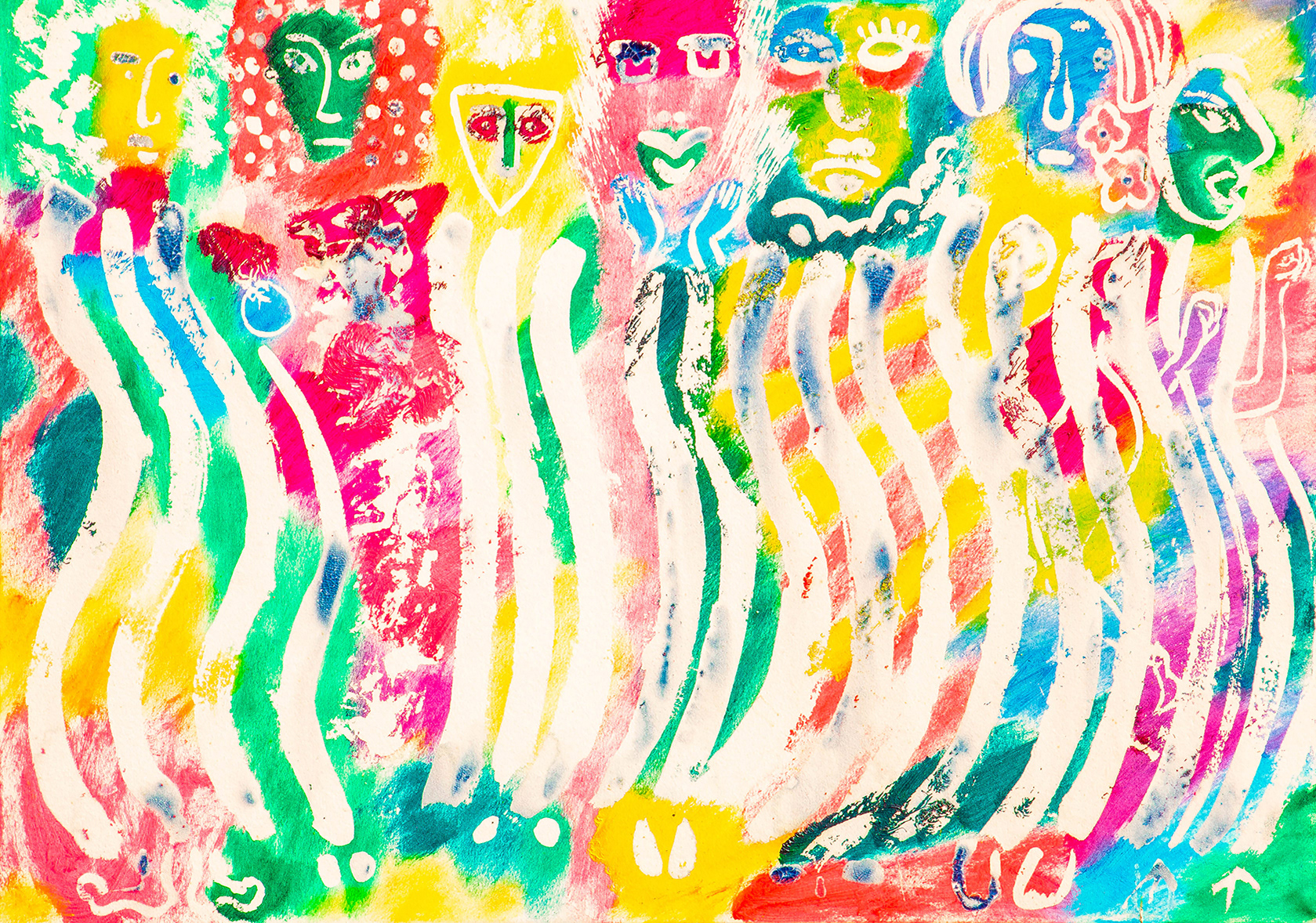Originally posted as “After the inaugural Mid-Career Women Composers Summit (in Japanese)” in Autumn 2018.
* Written by Yukiko Watanabe (co-director) *
* Translated by Satoko Hayami *
“Who are the composers that influenced you?”
Whenever this question gets asked, I always answer, “my friends, who are my age.” I’m most interested in these friends’ pursuits, and I am aware of the significant influences of their compositional styles and ideologies on mine. (At the same time, I hope that I am also one of their influences.)
Most of the women composers I chose as the panelists for this Mid-Career Women Composers Summit* are my long-time friends. Although these composers are now well-known in the field, they were still babies when we first met. Before the internet was common, I established this network of similarly-aged composer-friends by taking the time to drop by other universities’ events and to attend workshops in remote places. While some of my colleagues quit composing due to tight financial situations and other difficulties, these women continued to create music. Their presence became my inspiration, and I saw as many of their performances as I could, even after moving to Europe. And we always had our heated discussions and heartfelt conversations. Looking back, from the moment I met them, I think each of these friends secretly held something of a rough gemstone. Entering their thirties, they’ve acquired their unique ways to polish the gemstones - it occurred to me one day that I wanted to listen to their stories again, at this time.
In contrast to this personal wish, for this event’s title, we used serious-sounding keywords: “mid-career,” “women,” and “composers.” There was a reason for this. While gender inequality is addressed as one of the most urgent issues globally, I wondered how it is dealt with in Japan, especially in contemporary music in Japan? When I was active in Japan before moving abroad, I was unaware of the issues around gender. It recently hit me, however: “What if we are suppressed, but we have yet to become aware of that thin membrane that’s suppressing us?” And if so, that unawareness itself is hugely problematic and severe. Talking about gender issues still feels risky even in an international context. It is a complex problem. My initial urge was not to plan for something of significance or put my friends on a cutting board. What I wanted to do first was simply to ask them about that thin membrane intertwined in our everyday lives. And about how thick it was.
One of the prompts for the panelists at the Mid-Career Women Composers Summit was “the keyword(s) that describes who I am as a composer.” I would list the following three keywords for myself:
Fragment / whole
Trust
Other people
Trust
Other people
“Fragment/whole” is a pair of concepts that I have had a working relationship with for a long time in my creative journey. Imagining “the whole from the fragments,” and imagining “the full picture based on the perspective from a keyhole” is a crucial concept in my composition practice. Fundamentally, I have an optimistic worldview, and that comes from trust. My compositions are built upon trust; my music is only possible because I trust that people are willing to bring in their imagination and invest in my work. Living in a foreign country as a minority person often requires much imagination. In such situations where nothing can be taken for granted, I’m usually forced to think about how one’s imagination saves the world.
At the Mid-Career Women Composers Summit, I hoped to re-imagine the world from pieces of women composers’ everyday lives and the edges of their words. I wanted to listen to their “real voices” in a space where we are not tied up with preconceived notions of who we are. I feel that a few topics that emerged here are potentially critical inquiries that haven’t been addressed. And I believe they are actually something that encourages men as well as women. When male composers are pressured with the invisible responsibility called “masculinity” by society, wouldn’t that cloud their ears when making music? I hope what is said here will provide some silver linings for both men and women — for the women outside the hierarchy and the men who struggle within it.
Finally, grateful for the friends who bravely joined forces with me, I continue to look forward to seeing their pursuits and the future of the contemporary music world.
*Akiko Ushijima, Yu Kuwabara, Noriko Koide, Chikako Morishita, Tomoko Momiyama, Akiko Yamane, Ai Watanabe (in Japanese alphabetical order). They responded to the call-for-gathering by Yukiko Watanabe to inaugurate the “Mid-Career Women Composers Summit” on August 28, 2018. This resulted in the launch of the Japanese Women Composers Meeting (JWCM) the next year.
